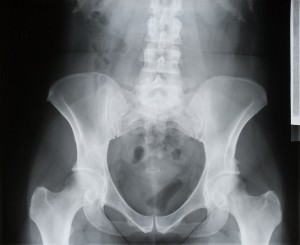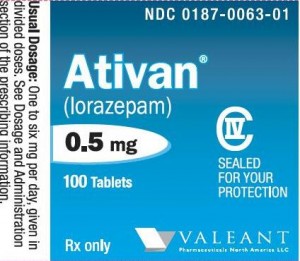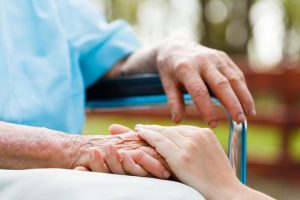Once upon a time, the ER missed a pelvic fracture in one of my older patients.
Actually, this kind of thing has happened more than once, and perhaps it’s happened to your family too.
As much as we’d like to believe that our older loved ones will get the right care when they are sick or injured, the truth is that our healthcare system is imperfect, and it’s fairly common for serious problems to be missed.
Unless, of course, a proactive family caregiver knows to help the doctor focus on what’s newly wrong.
Here is a true story about why geriatricians pay attention to “changes in function” and why it’s essential that you help doctors spot any changes in function or ability.
The case: An ER mystery
My patient with dementia, 85-year-old Mr. C., sat down short of his easy chair at home and fell. Within minutes, his daughter found him on the floor. She helped him to the chair, and they watched some TV. But half an hour later, he was unable to get up again and walk. She took him to the emergency room for evaluation.
“I’m fine. Nothing hurts,” Mr. C. told the busy ER staff more than once. “I just want to go home.” X-rays of his hips and pelvis revealed nothing, and so — after an exam that probably lasted only a minute or two — he was discharged.
Back home, however, he still couldn’t walk. He still insisted nothing hurt. “I’m a tough old bird,” he told his daughter. Later that night, though, she noticed that he grimaced every time he rolled over in bed. She knew something was wrong. But what?


 Have you noticed that an older relative seems to be having trouble hearing you at times?
Have you noticed that an older relative seems to be having trouble hearing you at times?







